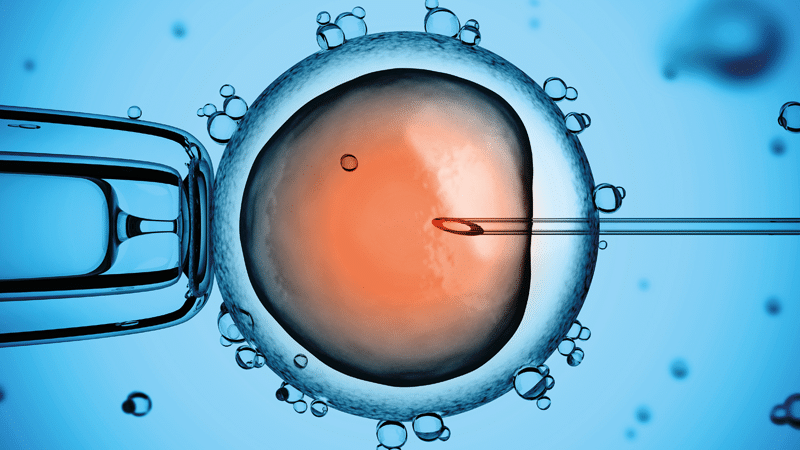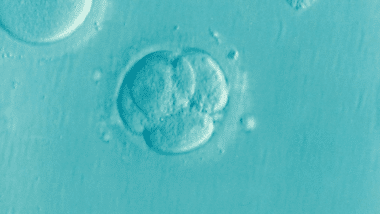Older women undergoing IVF on the NHS should be allowed to ‘screen out’ embryos deemed to have chromosomal conditions, scientists have suggested.
Researchers in a trial led by King’s College London, King’s Fertility and King’s College Hospital NHS Foundation Trust argue that in order to help women over 35 “conceive faster”, embryos “with the wrong number of chromosomes” should not be implanted.
But the Human Fertilisation & Embryology Authority (HFEA) warns that the technique used in the study may damage the embryo, preventing it “from successfully developing”, or give the “wrong result”.
‘Excluded’
The trial concerned ‘Preimplantation genetic testing for aneuploidy’ (PGT-A), which screens embryos for chromosomal abnormalities before they are implanted into the woman.
According to the HFEA, aneuploid embryos have “missing or extra chromosomes”. Children with Down’s syndrome and Patau’s syndrome, for example, have 47 chromosomes instead of the usual 46.
In the pilot study, 100 women undergoing IVF aged 35 to 42 were enrolled onto King’s Fertility programme; 50 of the cohort were given PGT-A tests. All aneuploid embryos “were excluded from transfer”.
King’s College stated: “Current NICE guidance does not currently recommend routine use of PGT-A, driving women to pursue this test privately or skip it altogether.”
Misdiagnosis
Earlier this year, two couples revealed that they had abortions after their unborn children were misdiagnosed with illnesses.
Carly Wesson and her partner were told that a chromosomal test showed that their daughter would have Patau’s syndrome, a condition where one in nine babies born alive survive to their first birthday.
Although a second scan was scheduled, they were advised it would simply confirm the original diagnosis. Six weeks later, having gone through with an abortion, doctors informed them that the second scan was clear of the condition.
Another couple, said they agreed to an abortion after a consultant said their baby was likely to have a life-limiting condition. A post-mortem examination revealed no evidence of genetic variation.
Eight GM babies born from ‘three-parent IVF’ in UK
Scientists call for ‘easy access’ to human embryos for experimentation
Fertility watchdog wants ethical ‘blank cheque’ on human embryo research


